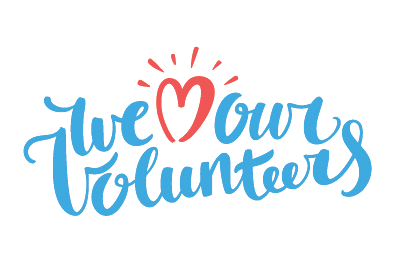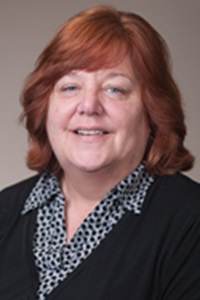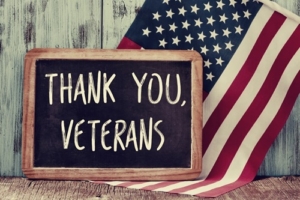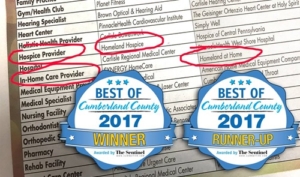We Raise Our Pinwheels
 At Homeland Hospice, we raise our pinwheels to the wind in celebration of our heroes: children and their families.
At Homeland Hospice, we raise our pinwheels to the wind in celebration of our heroes: children and their families.
“Our pediatric hospice program was launched out of necessity,” stated Deb Klinger, RN and Director of Homeland Hospice. “Not many hospice agencies provide pediatric care. We were contacted about a child who was referred for hospice services in a county where there were no providers willing to take a child. At this point in time we felt a need to expand our services. We worked diligently to create a dedicated program with a staff specifically certified in pediatric hospice care.”
How long has Homeland Hospice provided pediatric services?
For the past three years, Homeland Hospice has been able to assist many children and families with hands-on nursing care, as well as emotional and psychological support, the ability to access specialized durable medical equipment, as well as appliances and other types of services that are not commonly known to the public.
How does pediatric hospice differ from adult hospice?
“As with adult hospice services, pediatric hospice serves to provide an enhanced quality of life as well as symptom and pain management to our patients and their families,” added Klinger. “We treat holistically, using a multidisciplinary approach.”
The difference is that pediatric patients can still obtain the full aggressive treatment they were always receiving, but can also access supportive hospice care while fighting their disease process. If the curative aggressive treatment should fail, the relationship is already established with the hospice team to continue with the emotional support and to initiate more treatment options that are geared toward symptom management and quality of life.
In addition, family support is always a factor in hospice care, but perhaps even more delicate with parents of very sick children.
Meaning of Pinwheels
Homeland Hospice put much thought into creating a symbol for pediatric hospice. We chose the pinwheel as it represents the free, playful, hopeful spirit of children. The child and the family are at the center, surrounded by a compassionate team that spans the spectrum of caring.
For more information about our pediatric services and how we can help, please contact us.



 Last month, Homeland Hospice was awarded Partner Level Three status from the We Honor Veterans program – a program that was created by the National Hospice and Palliative Care Organization (NHPCO) in collaboration with the Department of Veterans Affairs (VA). Its objective is to increase access to and improve the quality of healthcare for all veterans. This includes from the moment they retire or are discharged through end of life.
Last month, Homeland Hospice was awarded Partner Level Three status from the We Honor Veterans program – a program that was created by the National Hospice and Palliative Care Organization (NHPCO) in collaboration with the Department of Veterans Affairs (VA). Its objective is to increase access to and improve the quality of healthcare for all veterans. This includes from the moment they retire or are discharged through end of life. Thank you Cumberland County!
Thank you Cumberland County!
